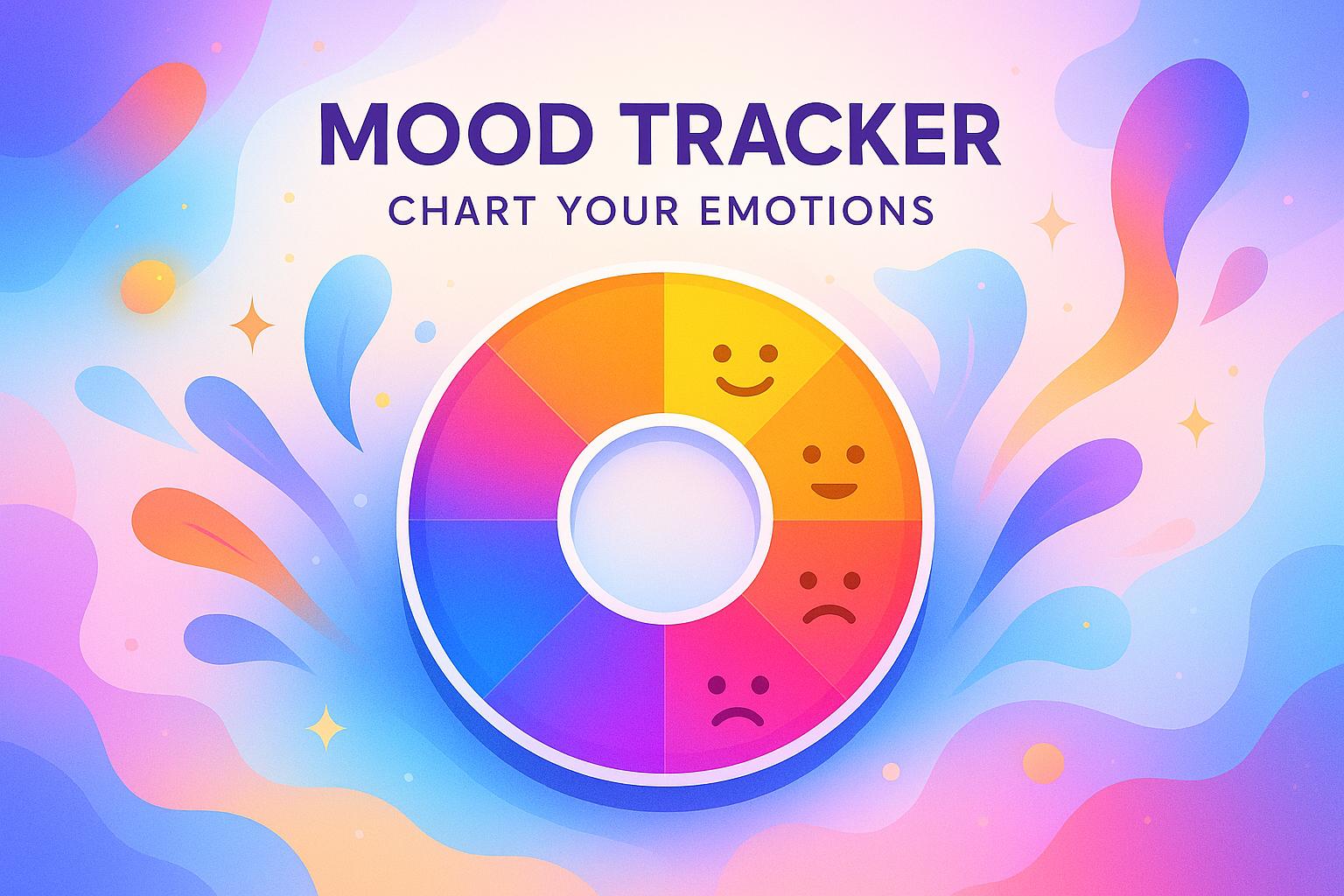ADHD (Attention Deficit Hyperactivity Disorder) is often misunderstood, especially in women, whose symptoms can present differently than the stereotypical hyperactivity associated with young boys. Many women remain undiagnosed until adulthood, leading them to struggle with feelings of frustration, shame, and confusion throughout their lives.
In a recent discussion on the Sophia Unfiltered podcast, ADHD coach Kelly shared her transformative journey from living with undiagnosed ADHD to becoming a coach helping others navigate their symptoms. Diagnosed at 30, Kelly’s story sheds light on the unique challenges women face with ADHD and offers insights into managing life with this condition.
This article breaks down Kelly’s wisdom and strategies for managing ADHD, emphasizing the importance of self-acceptance, tailored tools, and external accountability.
The Unique Challenges of ADHD in Women
ADHD in women is often overlooked or misdiagnosed. Traditional perceptions of ADHD have focused on hyperactivity, but for many women, symptoms manifest as internal struggles - anxiety, difficulty maintaining focus, and challenges with executive functioning.
Kelly’s experience highlights this disconnect. Despite training in special education, she didn’t recognize ADHD symptoms in herself. Growing up, she struggled with making friends, finishing tasks, and managing anxiety. These challenges were often attributed to personal shortcomings, further fueling feelings of shame.
Key issues contributing to delayed diagnoses in women include:
- Masking Symptoms: Women often develop coping strategies to "mask" or hide their struggles, making symptoms less visible to others.
- Overlapping Conditions: ADHD symptoms can overlap with or be mistaken for anxiety or depression, further complicating diagnosis.
- Cultural Expectations: Societal pressures on women to excel in caregiving roles and maintain perfection often discourage them from seeking help.
The Journey to Diagnosis: Kelly’s Turning Point
For Kelly, the turning point came during a walk with her now-husband, who happened to mention a book discussing ADHD. He noticed that the symptoms it described mirrored Kelly’s experiences. This conversation opened the door to deeper self-reflection and a journey toward diagnosis.
However, getting a diagnosis wasn’t straightforward. Like many women, Kelly faced fears of not being believed and skepticism from doctors. To advocate for herself, she compiled a detailed document of her symptoms and personal experiences, which ultimately helped her secure a formal ADHD diagnosis through a neuropsychological evaluation.
This process was life-changing for Kelly. As she described, "It was the most validating thing anyone’s ever told me… I realized there’s nothing wrong with me; it’s just how my brain works."
The Emotional Impact of Diagnosis
Receiving an ADHD diagnosis often brings a mix of emotions, including:
- Relief: Finally understanding the root cause of lifelong struggles.
- Grief: Mourning lost time and opportunities due to undiagnosed ADHD.
- Empowerment: Gaining clarity and a path forward.
Kelly’s reflections resonate with many women: "I cried so much in the six months after my diagnosis because I kept connecting dots - realizing how ADHD affected my childhood, my relationships, and my daily life."
Strategies for Managing ADHD as an Adult
Once diagnosed, managing ADHD requires a combination of self-awareness, personalized tools, and external support. Kelly shared several practical strategies that have been transformative for her and her clients:
1. External Accountability
ADHD often affects motivation, making external accountability a critical strategy. Kelly emphasized that this doesn’t mean relying on others indefinitely but creating systems that help reinforce follow-through. For example:
- Setting deadlines and communicating them to someone (like a boss or partner).
- Using a coach or accountability partner to check in on goals.
- Relying on social expectations, such as hosting friends, to motivate tasks like cleaning.
2. Body Doubling
Body doubling involves working alongside someone else to stay focused and productive. This could mean:
- Attending a co-working session or group coaching.
- Working in a coffee shop or library.
- Partnering with a friend or family member for tasks like folding laundry or answering emails.
This strategy leverages the presence of others to create a motivating environment.
3. Creating a Dopamine Menu
One of the challenges people with ADHD face is difficulty connecting to long-term rewards. A dopamine menu helps "ramp up" motivation by engaging in small, rewarding activities first. Examples include:
- Getting dressed or making the bed.
- Listening to music or stepping outside for fresh air.
- Completing small tasks to build momentum for bigger ones.
Kelly explained, "If I’m struggling to start something, I’ll focus on quick wins that make me feel good and get my brain moving."
4. Reframing Negative Thoughts
ADHD often brings feelings of guilt and shame, especially around time management or incomplete tasks. Kelly shared her approach to reframing these emotions:
- Acknowledge the negative thought without judgment.
- Replace it with a compassionate reminder: "I have a disability that makes this hard, and I’m working on it."
- Focus on accountability and self-acceptance rather than self-blame.
5. Tailoring Your Environment
Kelly’s diagnosis prompted her to rethink her career and daily routine. She transitioned from teaching to becoming an ADHD coach, creating a flexible work environment that aligned with her needs. Similarly, individuals with ADHD can benefit from tailoring their environments to reduce friction and support productivity.
The Role of Coaching in ADHD Management
Coaching can be a powerful tool for individuals with ADHD. Unlike therapy, which often focuses on processing emotions and trauma, coaching emphasizes actionable strategies and systems tailored to the individual. Kelly explained, "Coaching provides validation and helps clients implement tools in a way that works for their unique lives."
Some benefits of working with an ADHD coach include:
- Personalized support and guidance.
- Strategies for managing executive functioning challenges.
- Encouragement to build routines and habits that stick.
Coaching also helps ADHD individuals harness external accountability while avoiding codependence, empowering them to sustain progress independently.
Key Takeaways
- ADHD often goes undiagnosed in women due to masking, overlapping conditions, and cultural expectations.
- Getting a diagnosis can be life-changing, offering relief, validation, and a path toward self-acceptance.
- External accountability is a cornerstone of ADHD management. Communicating deadlines and working alongside others can improve follow-through.
- Body doubling creates a motivating environment by working near someone else.
- A dopamine menu helps build momentum by focusing on small, easy wins before tackling bigger tasks.
- Reframing shame involves recognizing ADHD as a neurodivergence, not a personal failure.
- ADHD coaching provides actionable tools and systems for managing symptoms, complementing traditional therapy.
- Tailor your environment to fit your unique needs, whether that means changing your career, routines, or workspace.
Moving Forward with ADHD
Kelly’s story is a testament to the power of self-discovery and advocacy. For women who suspect they might have ADHD, seeking a diagnosis can be a transformative step toward understanding themselves and creating a fulfilling life. Whether through coaching, therapy, or self-directed tools, managing ADHD is about learning what works for you - and embracing it unapologetically.
If you’re navigating similar challenges, remember Kelly’s message: "There’s nothing wrong with you. You just get to do it your way."
Source: "Effective Strategies to Manage ADHD: Expert Tips with Kelly Baumgartner EP 61" - Sofia Health, YouTube, Aug 20, 2025 - https://www.youtube.com/watch?v=_qJuigK1mbw
Use: Embedded for reference. Brief quotes used for commentary/review.



